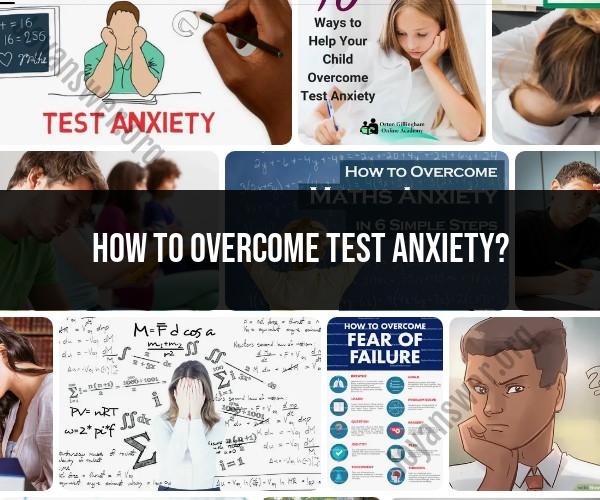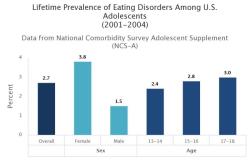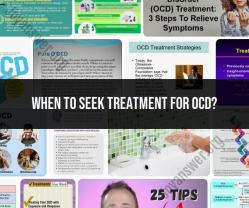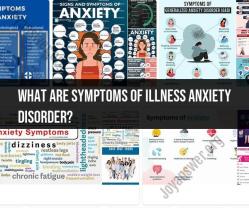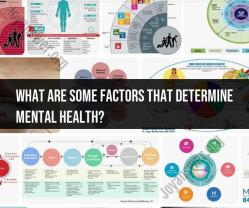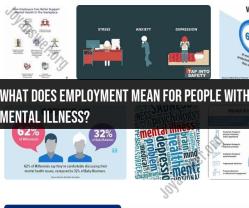How to overcome test anxiety?
Test anxiety is a common challenge that many students face, but it can be managed and overcome with effective strategies and tips. Here are some techniques to help you overcome test anxiety:
Preparation is Key:
- Start preparing well in advance of the test date. Procrastination can increase anxiety.
- Create a study schedule and stick to it to ensure thorough coverage of the material.
- Break your study sessions into manageable chunks, focusing on one topic at a time.
Active Learning:
- Engage actively with the material by taking notes, summarizing key points, and asking questions.
- Teach the material to someone else. Explaining concepts to someone can help reinforce your understanding.
Practice, Practice, Practice:
- Take practice tests or quizzes to familiarize yourself with the test format and the types of questions that may be asked.
- Simulate test conditions, including time limits, to reduce surprises on test day.
Stress Reduction Techniques:
- Learn and practice relaxation techniques such as deep breathing, progressive muscle relaxation, or mindfulness meditation.
- These techniques can help calm your nerves before and during the test.
Positive Self-Talk:
- Replace negative thoughts with positive affirmations. Instead of saying, "I can't do this," say, "I am well-prepared, and I can handle this."
- Challenge irrational thoughts that contribute to anxiety.
Healthy Lifestyle:
- Get regular exercise to reduce stress and increase overall well-being.
- Eat a balanced diet and stay hydrated. Avoid excessive caffeine, as it can exacerbate anxiety.
Adequate Sleep:
- Ensure you get enough sleep the night before the test. Sleep is crucial for cognitive function and memory retention.
Arrive Early and Be Organized:
- Arrive at the test location with plenty of time to spare. Rushing can increase anxiety.
- Bring all necessary materials (e.g., pencils, ID) and have them organized the night before.
Focus on the Present:
- Concentrate on one question at a time during the test, rather than worrying about the entire exam.
- If you encounter a difficult question, skip it and come back to it later.
Time Management:
- Pace yourself during the test to ensure you have enough time to answer all questions.
- Don't spend too much time on a single question. Move on and return if needed.
Seek Support:
- Talk to a trusted friend, family member, or counselor about your test anxiety. Sometimes, discussing your fears can provide relief.
- Consider seeking professional help if test anxiety significantly impacts your academic performance.
Previous Successes:
- Remind yourself of past successes and accomplishments to boost your confidence.
Accept Imperfection:
- Recognize that nobody is perfect, and making a few mistakes on a test is normal. It doesn't define your worth.
Post-Test Review:
- After the test, evaluate your performance objectively. Identify areas where you can improve in your study or test-taking strategies.
Remember that overcoming test anxiety may take time and practice. Experiment with different strategies to discover what works best for you, and be patient with yourself. Developing effective study habits and stress management techniques can help you build confidence and perform better on tests.
Conquering Exam Jitters: Strategies to Overcome Test Anxiety
Test anxiety is a common problem that can affect people of all ages. It can cause a variety of physical and emotional symptoms, such as headaches, stomachaches, racing heart, sweating, and difficulty concentrating. Test anxiety can also lead to poor performance on tests, which can be frustrating and discouraging.
There are a number of strategies that you can use to overcome test anxiety. Here are a few tips:
- Prepare thoroughly. The more prepared you are for a test, the less anxious you will feel. Make sure to study the material and practice answering test questions.
- Get enough sleep. Being well-rested will help you to focus and perform your best on tests.
- Eat a healthy breakfast. Avoid sugary foods and drinks, which can lead to a crash in blood sugar levels and decreased energy levels.
- Arrive early to the test. This will give you time to relax and get settled before the test begins.
- Take deep breaths. If you start to feel anxious during the test, take a few deep breaths to calm yourself down.
- Focus on the present moment. Don't worry about what might happen if you don't do well on the test. Focus on answering the questions in front of you.
If you find that test anxiety is severely impacting your performance on tests, you may want to seek professional help. A therapist can teach you additional coping skills and help you to develop a treatment plan.
Preparing Mentally: Techniques to Beat Test Anxiety
In addition to the strategies listed above, there are a number of mental techniques that you can use to beat test anxiety. Here are a few tips:
- Positive self-talk. Tell yourself that you are prepared and that you can do well on the test.
- Visualization. Imagine yourself doing well on the test and feeling confident.
- Relaxation techniques. Deep breathing, progressive muscle relaxation, and meditation can all help to reduce anxiety.
It is important to practice these mental techniques regularly so that you can use them effectively during the test.
Building Confidence: Tips for Succeeding Despite Test Anxiety
Even if you experience test anxiety, there are things you can do to build confidence and succeed on tests. Here are a few tips:
- Focus on your strengths. Remind yourself of the things that you are good at and how you can use those strengths to do well on the test.
- Set realistic goals. Don't expect to get a perfect score on every test. Set realistic goals for yourself and focus on improving your performance over time.
- Reward yourself for your efforts. When you do well on a test, reward yourself with something special. This will help to boost your confidence and motivate you to keep working hard.
It is important to remember that everyone experiences test anxiety from time to time. The key is to not let it control you. By using the strategies and techniques above, you can overcome test anxiety and achieve your academic goals.
